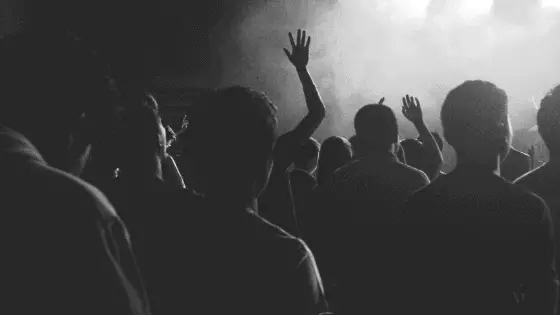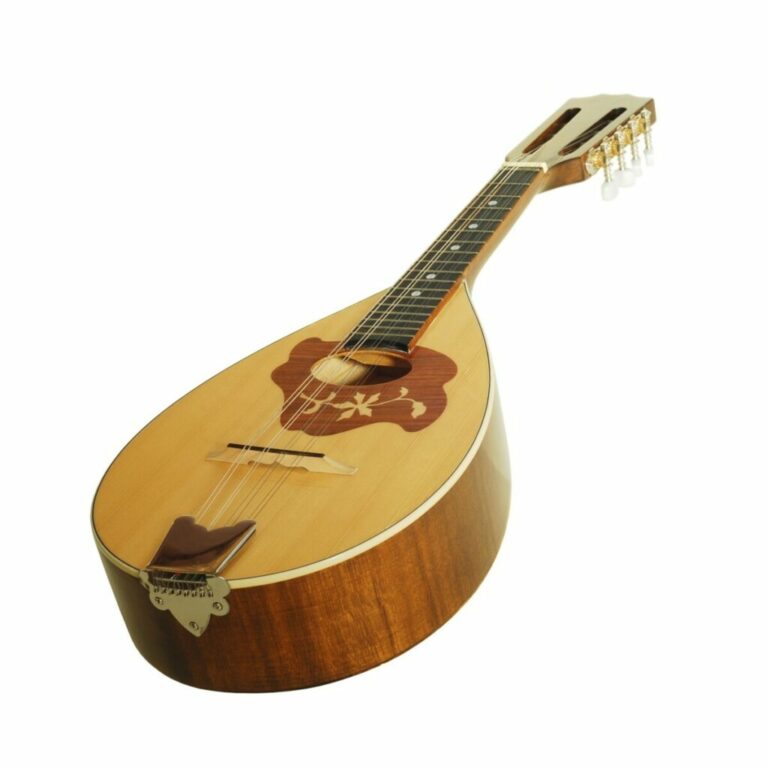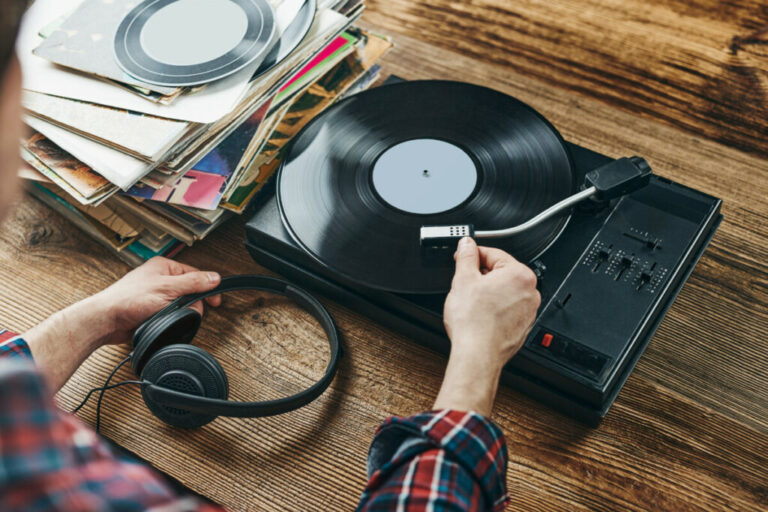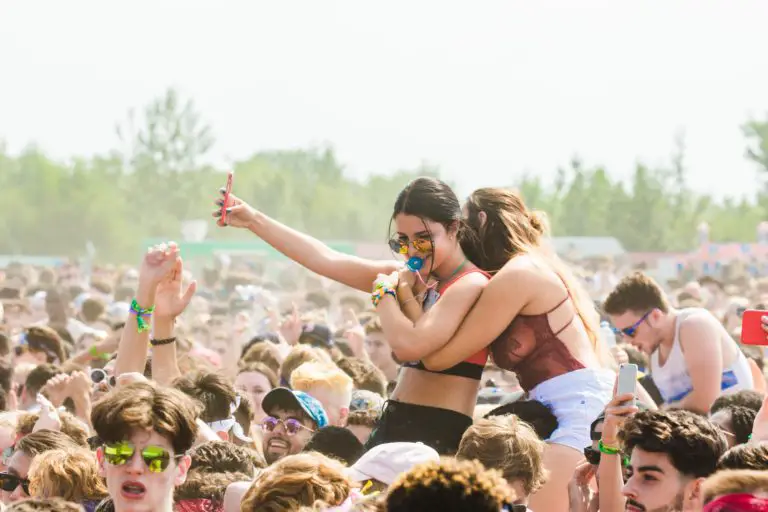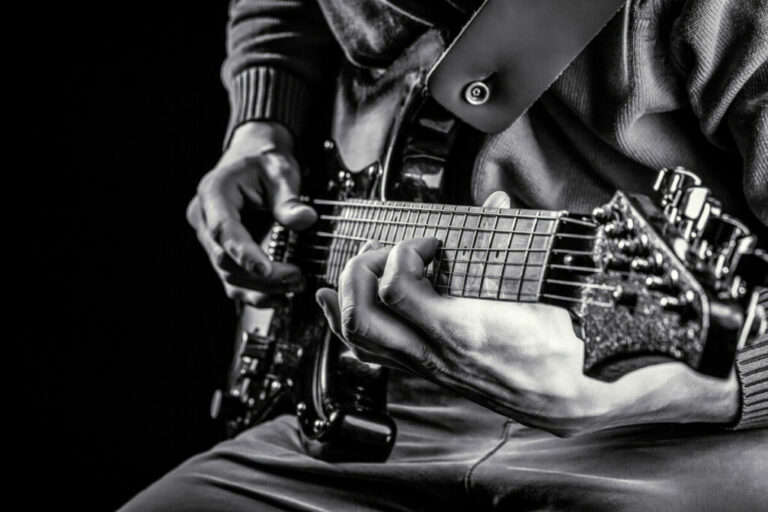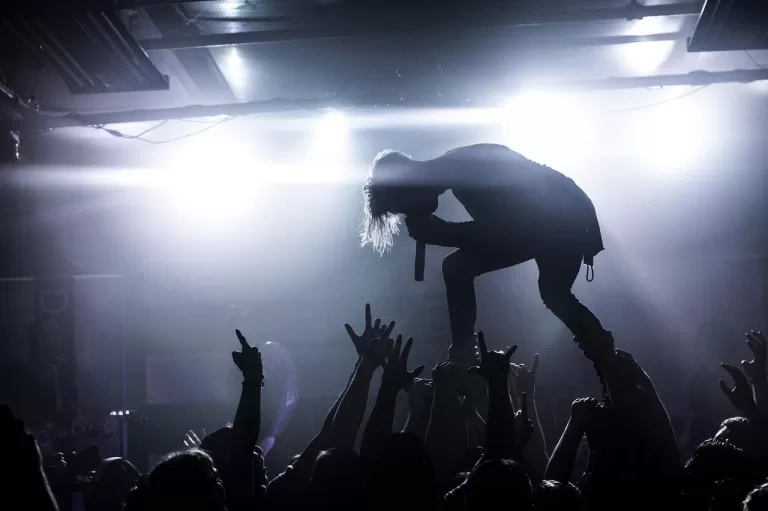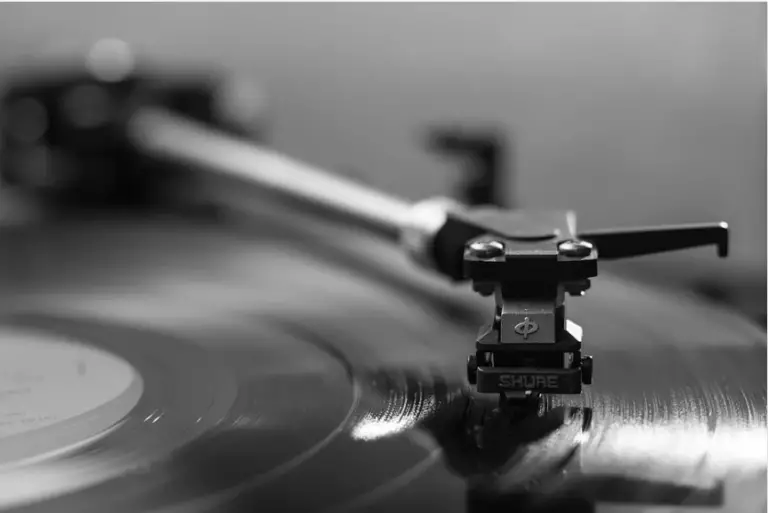Why Do Bands Have Opening Acts?
When you go to a show, everyone is pumped for the headlining band, but you get the opening act warming up the crowd before they get on stage. They will play a short set highlighting their best songs and give the fans a taste of what to expect over the next few hours. It’ll get pulses racing and slowly bring in more patrons from the bar and merch stalls.
Why do concerts have opening acts? Opening acts are a great way for younger bands to get exposure to new audiences. Opening acts Creating a sense of a dynamic show. It gets more locals to arrive on time, stretching out the amount of money a venue can make from the night. Opening acts can also feature newer bands from the same label.
Settling on the perfect opener is no easy feat. Promoters and booking agents spend countless hours agonizing over who would best benefit the show. Below, we will be digging into different reasons as to why your concert has an opening act.
Support Bands Are There To Create An Energy And Set The Mood
While music fans are eager to be at a show, they still need encouragement to get in the occasion’s spirit. Headliners will hire “warm-up” acts or “support” acts.
Opening bands aren’t typically big names, but they do tend to have the following qualifications:
-
- Opening acts will typically have a similar genre. That genre prepares the audience for experiencing the right energy, getting them pumped for the headliner.
- Opening acts typically have a song that emphasizes audience participation. This gets them in the right mentality to participate with the headliner.
- Choosing the opening act is about creating the right atmosphere. For example, fast musicians may balance themselves with a musician that plays slower. This warms them up for the main event.
There is nothing worse for a band than coming to a crowd that isn’t mentally prepared. Having an opening act will avoid this issue and have everyone in the right mood so that the night can last longer.
Openers Help Promote The Show To Locals That Would Not Normally Arrive
Imagine a band you like has been announced to play in your town. It seems like it’d be fun as you weigh the price and procrastinate about whether or not you’re ready to part with your money.
Then two of the hottest bands from your town get added to the lineup. The night that you ummed and ahhed about going to seems a hell of a lot cooler.
Bands of moderate popularity use local bands to increase their popularity. They slot in local bands to open a show in every new town they visit. Doing this gives locals an extra reason to show up, sharing in the promotional efforts.
Promoters know that local music fans will react well to talent from their own backyard. As a result, they share in the promotional efforts needed to draw a larger crowd.
Collaborative promotion can be particularly useful when performing in a new country for the first time. An American band touring the UK has a higher chance of success if they front some local favorites.
Sharing Costs For The Gear And Venue
Opening bands sometimes share in the cost of larger venues. Sharing gear costs obviously only applies to gigs on the smaller scale side of things. I don’t think Keith Richards will let you use his amp if you find yourself opening for The Rolling Stones.
Drums, amps, PA speakers, and venue costs are much more manageable when dividing this between multiple bands. It is also instrumental if the headline band is touring light, and they aren’t lugging around an entire backline with them wherever they go.
Check out the table below so you know the common costs for most venues.
| Type Of Venue | Nightly Cost Of Venue |
| Birthday party | $0 |
| Bar | $250 to $1000 |
| Club | $5,000 to $10,000 |
| Amphitheater | $10,000 to $50,000 |
Opening Acts Help Promote Up And Coming Artists From The Same Label
Labels will look at their roster and book several bands on the same tour to get new talent. Many major music labels look for opportunities to showcase the next big thing. Putting them on a major tour is a great way to do that.
They will look at who is touring where and see if they can fit a new act somewhere on these schedules. If a new act has a record out, they will aim to keep the momentum rolling and place that act with a more well-known artist. Putting them on the road will increase their exposure to fans and help promote their newly released material.
Larger bands will sometimes go on the road with friends or protégés to cross-promote each other. It will often be the “senior” band acting as the headliner, with the “junior” band serving as the opener in these cases. Not only does this act as a way for veteran acts to pass their legacy on but gives younger acts a comfortable atmosphere to learn about life on the road with people they know and trust.
Opening Acts Take Some Of The Pressure Off Of Leading Bands
Opening acts serve as a way to ease the pressure on the headliners. Many live events can go for 3-4 hours, so having another band go on before will increase run time while reducing effort. Having a single band on stage can result in the following:
-
- Fatigue: Playing any show is exhausting, and the main act will be expected to be giving 100% all the time. Expecting them to play for 3 hours non-stop is not realistic. Therefore, limiting their set to around 2 hours gives the main act plenty of time to do their show without burning them out.
- Lack of material: Unless they have been around for decades, there is a good chance that a headline band won’t have enough songs for three to four hours. To avoid coming up short, adding another act to the bill allows the main act to choose their best and most current songs. This allows them to save their older, more popular content until the encore.
- Keeping fans attentive: Human attention spans are comparable to that of goldfish. Therefore, having bands play short sets with short breaks will give fans the chance to enjoy the music and refresh themselves before the main attraction. This avoids the headliner playing for hours continuously and losing the fans’ energy long before the finale.
By selecting the perfect opener, it means that the headliner can perform a high-quality set without having to compromise. It will ease the pressure on their shoulders to deliver, giving that time to eager young bands.
More Bands On The Ticket = More Value For The Fans And Venue Operators
What’s better than paying to see one band? Paying to see two bands. What’s better than paying to see two bands? Paying to see three bands. What’s better than that? You get the picture.
Typically speaking, the more talent you can stuff into one night, the higher opportunity you have to get more money. Whether you own a bar, arena, or club, more time spent means more opportunities to sell them booze and merch.
If I Have A Band, How Do I Become An Opening Act?
You’ve seen enough bands around you soak up that sweet exposure you can get from playing as the opening band on some larger than normal shows.
You’ve even seen bands in your town open the stage of the bands you idolize, and that inspires you, and you think how cool it’d be to be in that position. Who hasn’t gone down this thought process?
Think of everything we have mentioned in this article so far.
By having a performance that would complement the event, all while adding value to the show, you increase your odds. Keep the rest of this in mind as well:
- Offer to share in the costs of the venue or gear if they are a medium-sized band.
- If your band has local popularity, flaunt it by showing them your Facebook page, Twitter, or other proofs or your popularity.
- Show them how awesome your band is with a recording of your performance.
Promoters and organizers of gigs need to see as much evidence as possible to prove you are a good band. Headline bands aren’t charities. If you’re being overlooked or not considered for an opening act, one of these factors needs work.
How Can I Improve My Chances Of Becoming An Opening Act?
- Ensure you’re actively involved in your local scene and out there making friends.
- Keep in contact and support everyone within your local scene.
- Put effort into making sure your band is the best it can be.
- Know who the people are that are running concerts in your town and get involved.
As fun as being the opening band can be, nothing will ever compare to your own headline shows. Seeing the fruits of your own hard work come to fruition is the ultimate goal. By starting at the local level, you can be that band that everyone comes to see.
Cameron Norris of the Dreamer Agency has some sound advice echoing our thoughts:
Get to know your local promoters and venues. If you can prove that your band can bring in good business and draw people then you’ll have a better chance of being approved by the tours booking agent. Touring bands want to play with the best locals, so prove yourself on the local level to earn those bigger opportunities!
How Much Do Opening Bands Get Paid?
Depending on who you work for, opening acts can be paid almost nothing. In some cases, they are cited with making less than 1 percent of what the headliner makes.
In some cases, opening acts are told that exposure will be enough. If you already have a record label, they may step up and supplement your costs.
Some people, like Matthew Mirels of the Set Sights North Agency, do a little better with their openings acts:
I personally try to get my opening acts anywhere from $100 plus food to $175 plus food it depends on the tour package and a few other different variables like date if show, and location.
Conclusion
At the end of the day, there is a pivotal reason why many bands have opening acts on the road. It starts as an excellent way to set the night’s mood and get the fans revved up for the bigger acts down the card. It also is a great way to attract local attention and give smaller bands the chance to show their potential to the world.
For others, the opening slot is perfect for labels and veteran bands to hype new acts and build momentum as they start their music industry journey. However, it also has benefits for the main attraction as having openers can prevent them from overexerting themselves.
—
Keep it on Bythebarricade.com for tons of interviews, reviews, articles, and photos! Also, “Like” By the Barricade on Facebook to never miss a post.

